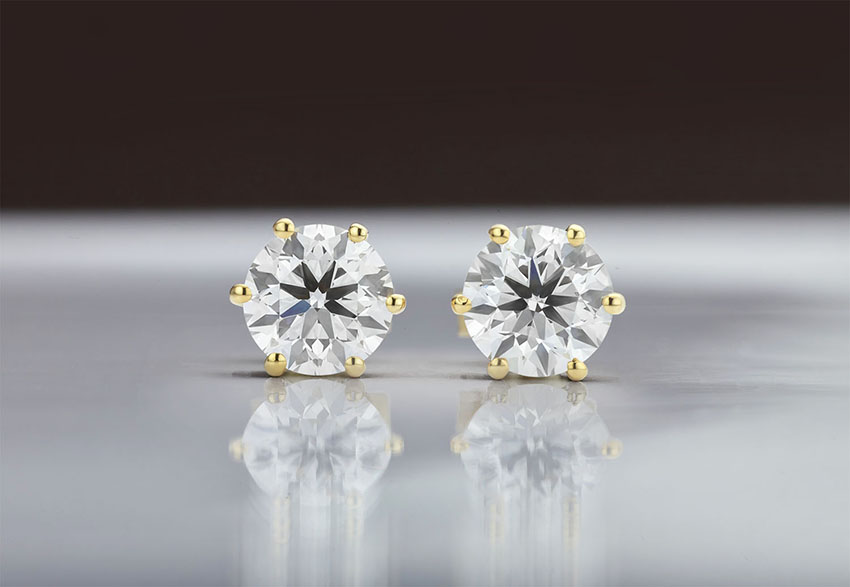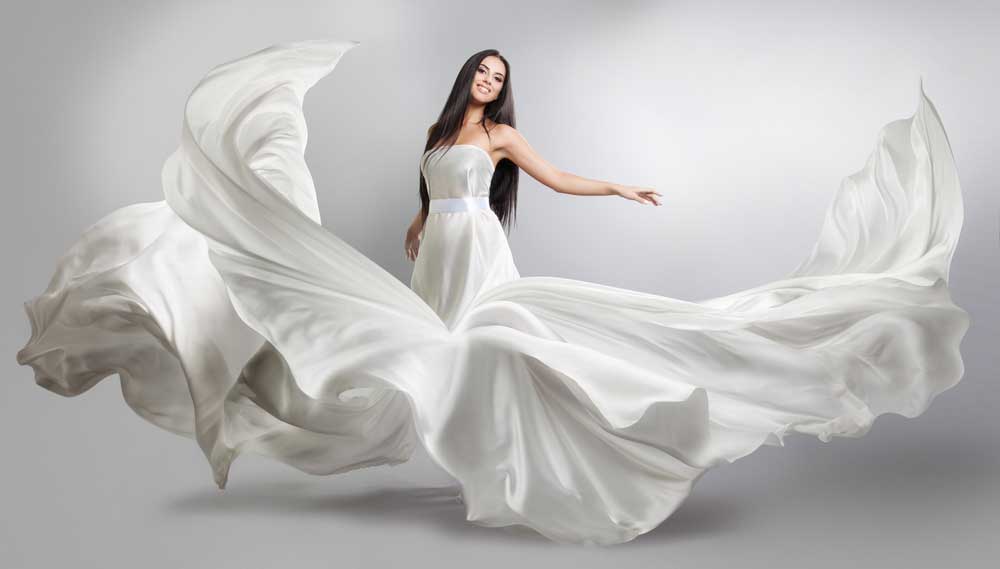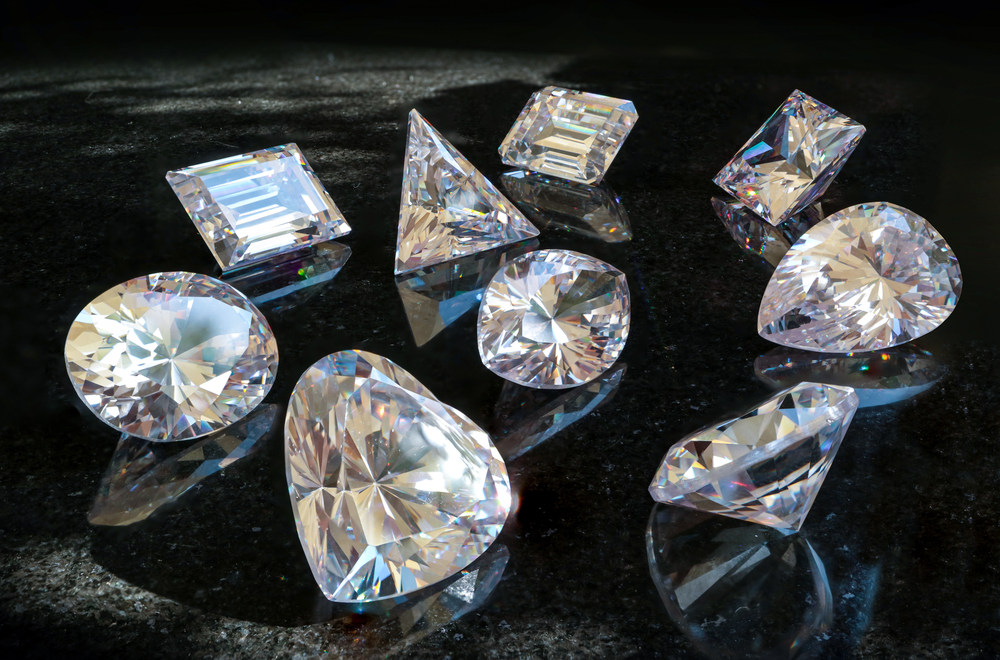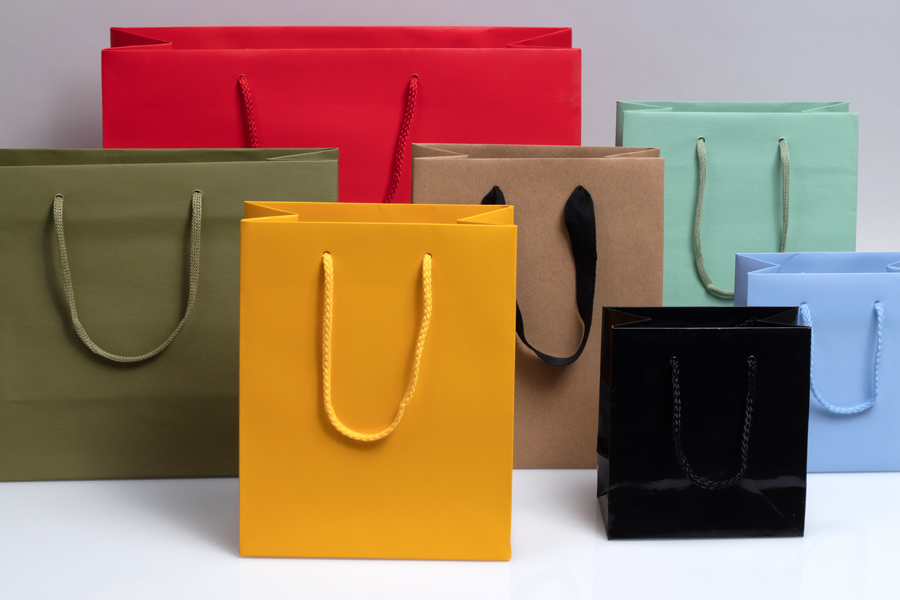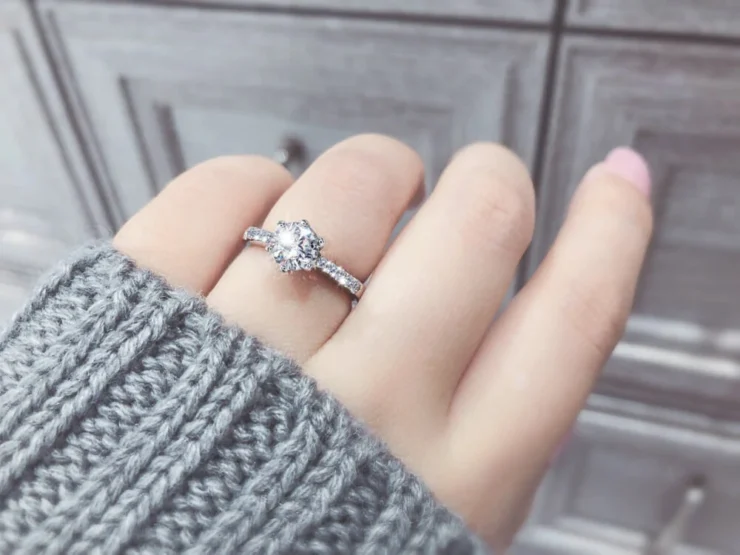The kilt is a popular item of clothing in the UK for many reasons. Its traditional and cultural associations with Scotland make it a timeless garment that can be worn to honor heritage and tradition. In addition, its versatility makes it an indispensable part of modern fashion, bringing together style and practicality into one timeless piece of apparel.
The rich history of mens kilts dates back centuries, making them a symbol of national pride for Scots today. Many clans have their own distinct tartans which further enhances the significance of wearing kilts, as these patterns are associated with loyalty to family and ancestry. Despite being traditionally reserved for formal occasions such as weddings or highland games, more and more people are now embracing kilts as everyday wear. The range of fabrics available provides comfort to users while still allowing them to maintain their classic aesthetic appeal.
Moreover, kilts offer freedom of movement throughout different activities and seasons – making them ideal for all different kinds of weather conditions which makes them a great choice for sportspeople or anyone looking for an alternative to trousers or shorts in summer. All this combined has made kilts become increasingly popular among the people living in the UK – whether it’s due to nostalgia, current fashion trends or just sheer comfort!
Table of Contents
The History of Mens Kilts in the UK
Kilts have long been associated with Scotland’s proud heritage and culture, but the story of their use dates back centuries. Historians believe that kilts first appeared in the 16th century as a way to identify members of clans or families. These heavy woolen garments were designed to keep warriors warm and comfortable during battle, while also helping them stand out on the battlefield.
At this time, only men were permitted to wear kilts as a symbol of their masculinity and strength. In this era, the kilt is called as a great kilt or feileadh mòr. Over time, kilts became increasingly popular due to their practicality and versatility. They could be tailored to suit different body types and become an indispensable part of Scottish national dress over the centuries.
Today, kilts are still seen as a symbol of tradition and pride in Scotland. As the garment has evolved, more lightweight materials such as cotton or synthetics have started being used alongside heavier fabrics such as tweed or tartan – making it suitable for different weather conditions throughout the year. Such developments have allowed men from all backgrounds to embrace kilts as both formal attire or everyday streetwear in the UK.
Kilts for Men or Women?
Kilts have historically been associated with men but in recent times they have also become popular among women. Kilts are a unisex item of clothing, making them suitable and stylish for individuals of all genders, shapes and sizes. The garments are highly customizable and can be tailored to suit different body types so that no two people will ever look exactly alike. When worn properly, kilts can enhance curves while still providing comfort and freedom of movement.
Men’s kilts typically come in heavier materials such as wool tweed or tartan, while lighter fabrics like cotton are more suited to women’s kilts which tend to come in shorter lengths than those for men. However, many styles such as the utility kilt provide an opportunity for both men and women to wear something timeless yet practical that can be styled in many different ways. Whether you’re looking for formal attire or everyday wear, kilts offer a range of options that appeal to both men and women alike.
Who Wears Kilts Most: Boys or Adults?
Kilts are a popular form of traditional dress for both boys and adults. For boys, kilts often form part of their school uniforms – especially in Scotland and Northern Ireland – while they may also be worn as part of a more casual outfit.
Adults tend to wear kilts for a variety of different reasons including Highland Games, formal occasions like weddings, family events, and other events such as Burns Suppers. Indeed, you can even purchase made-to-measure kilts which are perfect for those who really want to make an entrance!
Are Men’s Kilts Comfortable?
Kilts are designed specifically to provide comfort and freedom of movement. They are typically constructed from breathable materials such as wool tweed or tartan, which allows air to circulate evenly. This ensures that the wearer stays cool in hot weather, while also keeping warm in cold temperatures.
The design of kilts also means they don’t have any constricting fastenings or buttons, which makes them more comfortable compared to trousers. The loose-fitting structure of a kilt ensures that it moves with the body as you move, rather than restricting movement like many other garments.
In addition to this, kilts are highly customizable and can be tailored to suit different body types – making them suitable for everyone regardless of their size or shape. All of these features make men’s kilts a comfortable item of clothing that is perfect for everyday wear or special occasions.
What Are the Pros of Men Kilts?
Men’s kilts have been around since the 16th century, and they offer plenty of benefits to those who choose to wear them. Firstly, they provide comfort and freedom of movement. Constructed from breathable materials such as wool tweed or tartan, kilts allow air to circulate evenly which helps keep the wearer warm in cold temperatures and cool in hot weather.
Moreover, the looser-fitting structure of a kilt ensures that it moves with the body as you move – rather than constricting your movements like many other garments may do. Additionally, kilts are highly customisable and can be tailored to suit different body types – making them suitable for everyone regardless of their size or shape. They are also perfect for both everyday occasions as well as more special events such as weddings or reunions.
What Are the Cons of Men’s Kilts?
Despite their popularity, there are some drawbacks to wearing kilts that should be taken into consideration. Firstly, although many materials like wool tweed or tartan are heavy and provide adequate insulation, they can be quite difficult to clean and maintain in comparison to other garments such as trousers or jeans.
Furthermore, kilts can be restrictive when it comes to storing items like wallets, phones or keys – which could be problematic for those who need quick access to these items. Finally, kilts are not always suited for every occasion – such as formal events or job interviews – where more traditional forms of dress may be expected.


